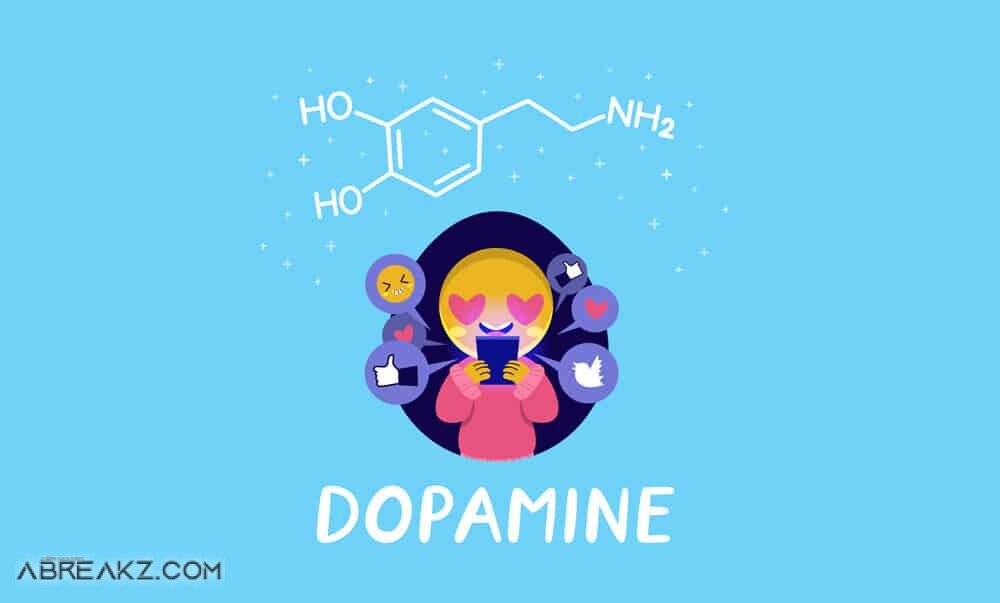Many of those who thought video games were just a waste of time could be wrong. The New York Times published a report on the importance of these games in making our minds stronger and faster, according to the newspaper, “Al-Hayat.”
The report indicated that a number of researchers are studying the behavior of a person addicted to these games, as they do so using brain and nerve imaging techniques, in an attempt to find information that helps them in making video games that change in difficulty and ease of playing time according to performance.
The report also stated that there are unlimited possibilities that video games will be created in the future that contribute to treating depression, attention deficit disorder, and improving memory and cognition.

Video Games And Mental Health
Dr. Adam Ghazali, professor of neuroscience and director of the Center for Neuroimaging at the University of California, says, “By imaging the brain while playing, we hope to discover weak areas in it, and thus we can help improve the way the brain works. This is in the University’s Neuroscience Research Laboratory, which looks like a normal hospital with linoleum floors and blue walls, but when you enter one of the examination rooms, you will be surprised by a brain imaging device, flat screen TV and video game equipment.”

The researchers also studied the reason for the addiction of many to the video game "Gloved Bird", which is available on "Apple" and "Android" devices, because it is the most popular in the world - according to the newspaper -. Its programmer, Dong Noyin, said last week that he had pulled it from the app market because it described it as an “addictive product.”
The researchers say that addiction is what explains why we keep playing and try so hard to win games that seem impossible to win. “When we play flappy bird or those addictive games we try to find a solution to something,” says a video game designer at the Georgia Institute of Technology. The bird and everything will be fine in the world, as if life were that simple!”.

Video games and dopamine
And researchers at the University of California, San Francisco, believe they can make games that are useful and don't drive us crazy trying to win them. Dr. Ghazali worked with some developers to create a simple video game called “Neuro Racer” that enables players to drive and try to identify some road signs that appear on the screen while ignoring other unimportant signs. The adults who played the car game performed better in their tests. And other research has found that games help our brains in countless ways.
And a neuroscientist at the University of Rochester discovered that people who played the game of "shooting" for two weeks could improve their focus and decision-making skills. In a study of Iowa State University psychologists who compared surgeons who played video games and those who did not, they were 27 percent faster at endoscopy and made 37 percent fewer errors.
Dr. Ghazali cautions that games are not equal in purpose. He stated that research is now focused on games that help addiction at the neurological level, to collect them and examine how these games can be developed for the benefit of our minds. He said: “We want our games to be engaging, engaging and helpful for people, and you can imagine that five years from now you can go to the doctor with a problem, and he prescribes a video game for you to download and play for two weeks.

What are brain training games like?
These aren’t sprawling fantasy RPGs or first-person shooters. They require speedily observing, processing, and recalling info, and get harder as they progress.
For example, a pair of objects appear, then quickly vanish. You must recall what and where they were.
Curious? You don’t have to be in a study to play:
Video games like stranger things
CogniFit offers a suite of games to train cognitive skills like memory and perception. Limited games are free; a subscription starts at ~$20/mo.
BrainHQ’s $14/mo. subscription allows access to exercises including Double Decision, a game used in studies (you can demo it in the WSJ article).
BrainGymmer offers both free and paid access to various brain browser games.







































